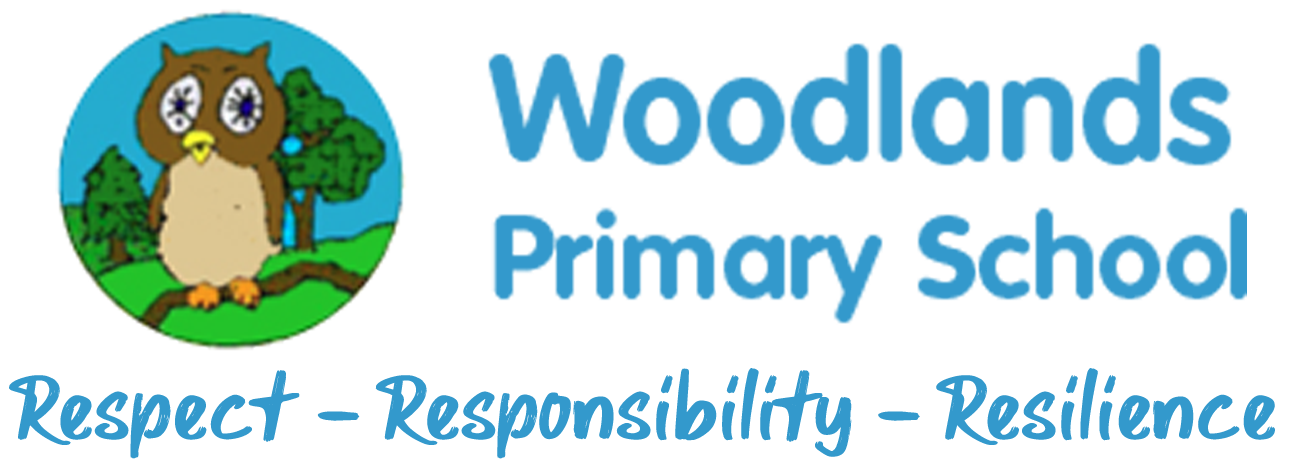Computing
Intent
Safeguarding is our primary concern to ensure all our children can use the internet safely. We teach a planned online safety curriculum (Project Evolve) and respond to situations as they arrive. All pupils, including those with SEND and vulnerable children, are taught the Online Safety curriculum and the computing curriculum.
During Early Years, the intent is to enhance learning through the use of technology and exposure to computing concepts that children will encounter in computing throughout primary school.
From Year One to Year Six, we use Teach Computing, an educational programme provided by the National Centre for Computing Education. Throughout KS1, children will become more familiar with coding concepts, using algorithms, programs, and debugging. They will use technology that will enable them to communicate and present information using information technology. Additionally, they will begin their journey of becoming digitally literate citizens of the future.
When in KS2, children will continue to increase their knowledge of computer programming, building in more ideas such as loops, abstraction, logic data representation, and conditions. This will allow them to develop skills in solving real-world problems. They will continue to analyse problems in computational terms and have repeated experience in writing computer programs to solve problems. They will evaluate and apply IT, including new or unfamiliar technologies, analytically to solve problems. They will become responsible, competent, confident, and creative users of ICT. We ensure computing has deep links with mathematics, science, design and technology, and provides insights into both natural and artificial systems.
Implementation
In Early Years, children will begin their knowledge of coding by sequencing stories, which is a prerequisite to sequencing code. This may also include giving/ following instructions for building with construction toys, making a map from a story, and sorting objects which may help them with sifting through information to debug when they’re older. Children will use cameras and audio equipment to record and interpret information in the world around them. This teaching of skills and knowledge will continue into KS1 and KS2 and will be enhanced through the experience of using a variety of devices and broadening the library of software and apps they can use to implement their knowledge. They will begin to use Code Studio which is a programme of study covering all aspects of coding with well-planned out progression. They will begin to present and interpret their knowledge of the different subject areas through IT. For example, using Pic Kids to make a collage of different materials and their properties. They will learn how to use technology safely and respectfully, keep personal information private; and identify where to go for help and support when they have concerns about content or contact on the internet or other online technologies. For example, using videos and books depicting situations where they will need to make decisions on how to keep themselves safe. The children's experience is further enhanced by using our IT provider (Hi-Impact) to provide enhancement experiences on various days throughout the year.
Teachers are regularly updated about new software and hardware available for them to implement their lessons. Regular CPD is provided to ensure all staff have the subject knowledge and confidence to promote and teach what is a relatively new curriculum.
The sequence of progression of lessons has been carefully considered to ensure knowledge and skills are built at each stage, for example giving children in EYFS and KS1 opportunities to type on a keyboard, gives them the skills they need to apply their knowledge later on. It also allows pupils to revisit and reapply their knowledge and skills, building this into their long-term memory, for example, the vocabulary of code, algorithm, and debugging is used from an early age to embed this understanding.
Impact
Children will be confident users of technology, able to use it to accomplish a wide variety of goals, both at home and in school. Children in our community will be given the same opportunities to succeed no matter what their background. Every child will be taught the full computing curriculum, which will not be diminished if they have been identified as having SEND. They will have a secure and comprehensive knowledge of the implications of technology and digital systems. This is important in a society where technologies and trends are rapidly evolving. Computing hardware and software will be utilised to enhance the learning outcomes of our children, across the curriculum. Our children will be confident using a wide range of hardware and software and will be diligent learners who value online safety and respect when communicating with one another.
